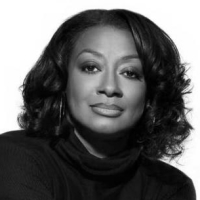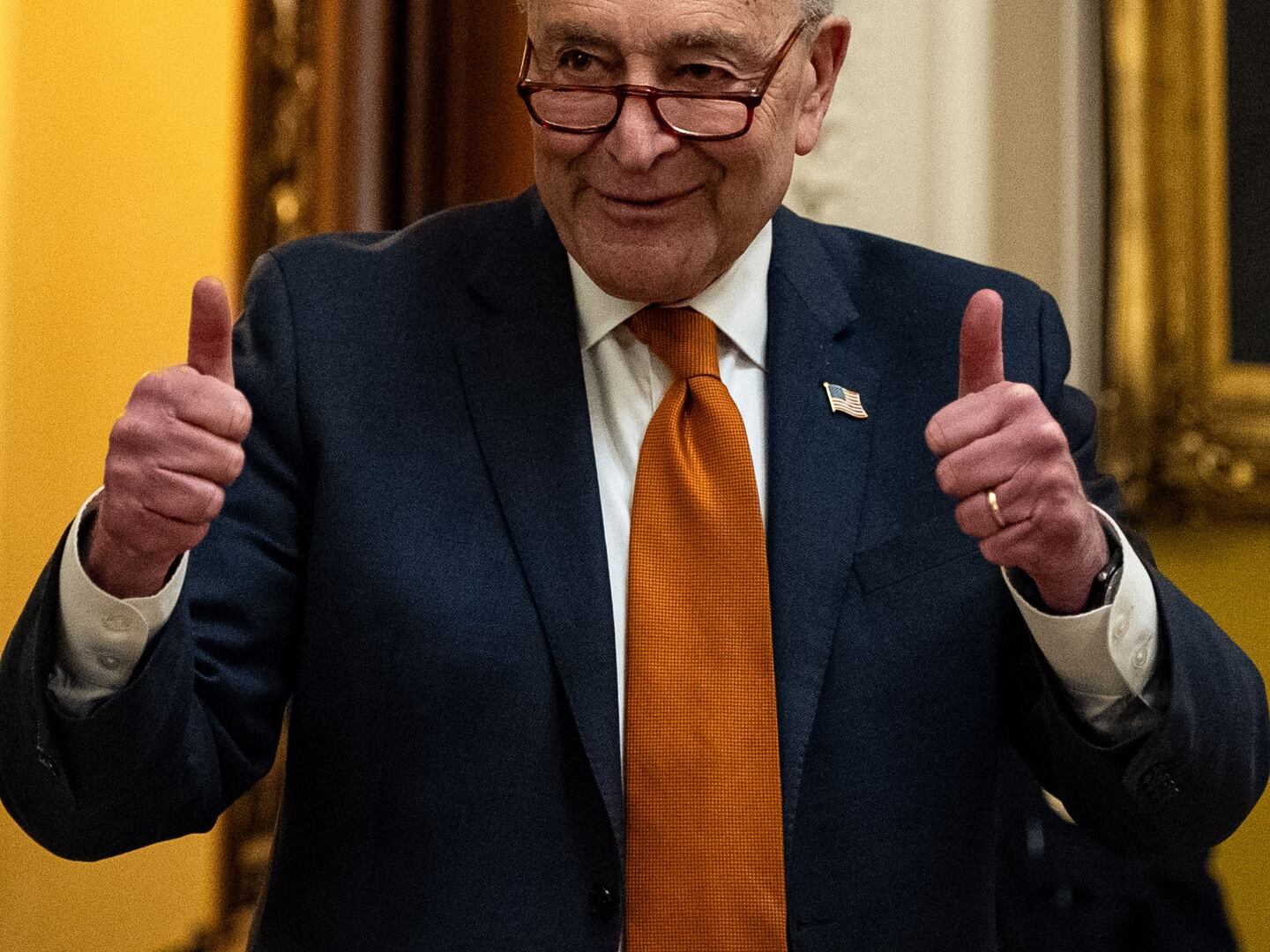Entertainment
Michael Tran/FilmMagic
Jada Pinkett Smith on Her New Angela Davis Documentary
‘FREE ANGELA!’
Jada Pinkett Smith on the new documentary that gives a more complex look at the African-American radical's life. By Allison Samuels.

Trending Now





